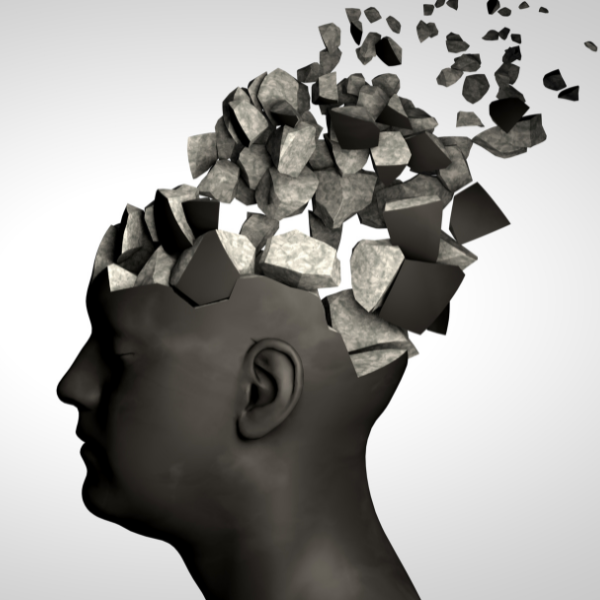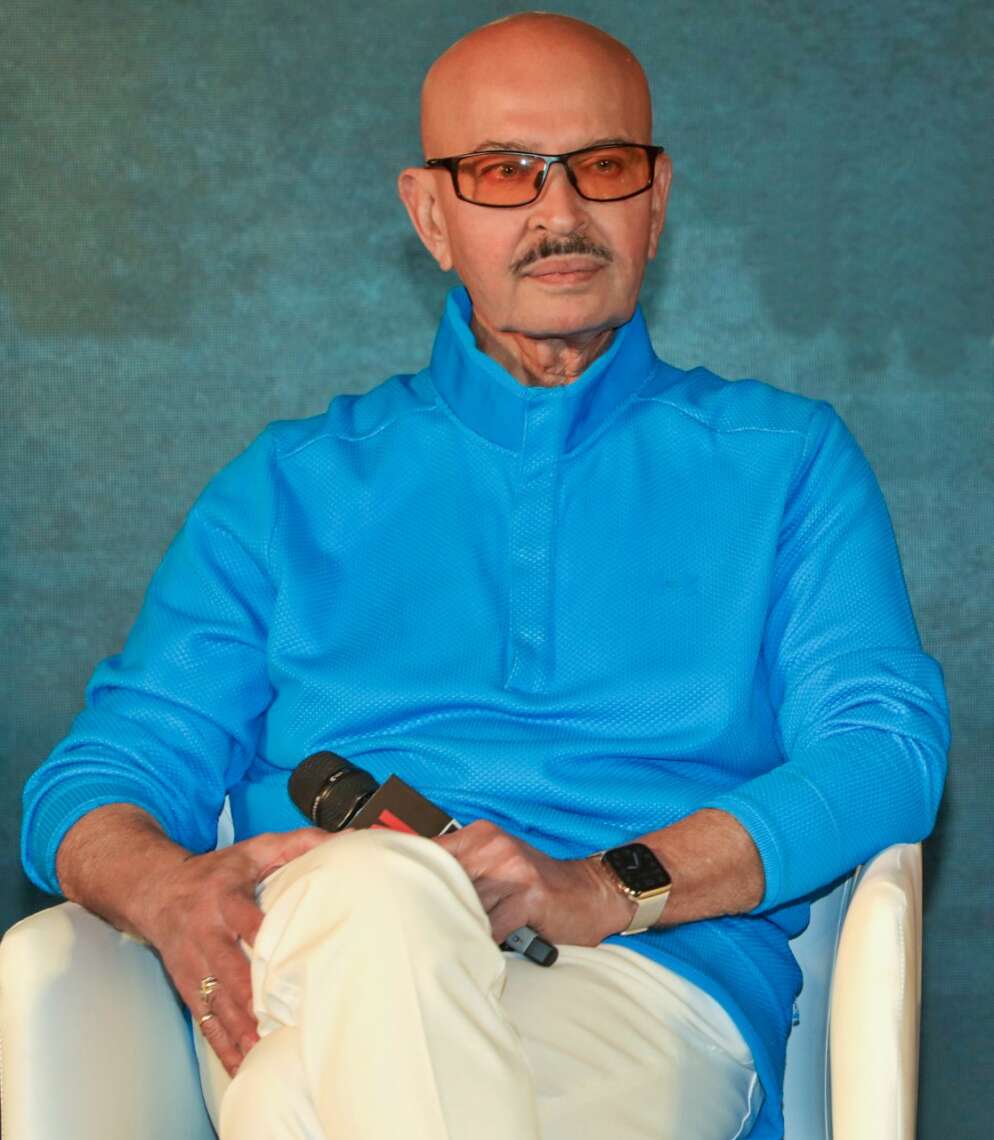Bengaluru, India – Researchers from the Jawaharlal Nehru Centre for Advanced Scientific Research (JNCASR), an autonomous institute under the Department of Science and Technology, have made a significant breakthrough in health technology with the development of a novel wearable device capable of detecting stress.
The innovative device, termed a Neuromorphic device, replicates the functions of neurons and synapses using a silver wire network embedded in a stretchable material. This setup allows the device to sense strain, simulate pain perception, and adapt its electrical response accordingly.
“These pain-like responses in the device pave the way for future smart wearable systems that can help doctors detect stress,” the researchers explained. The device’s ability to mimic pain and adapt over time was detailed in their paper published in Materials Horizons, a journal of the Royal Society of Chemistry.
The device’s functionality is attributed to the small gaps that form within the silver network when stretched. These gaps temporarily disrupt the electrical pathway, which is then reconnected using an electric pulse, enabling the device to “remember” and adapt to the event. Each stretching and reconnection gradually adjusts the device’s response, akin to how the human body adapts to repeated pain stimuli.
This dynamic process not only mimics memory and adaptation but also combines sensing and adaptive response into a single, flexible unit. The researchers highlighted that this streamlined approach allows technology to naturally adapt to its environment without the need for complex external sensors.
The potential applications of this device are vast, including advanced health monitoring systems that can “feel” stress like the human body and provide real-time feedback to doctors or users. With stress being a precursor to numerous health problems such as high blood pressure, heart disease, and diabetes, the ability to monitor and adapt to stress could be a significant leap forward in healthcare.
Beyond health monitoring, the researchers noted that the technology could enhance robotic systems, making machines not only safer but also more intuitive in their interactions with humans.
This development marks a promising step towards creating materials that intelligently respond to their environment, potentially revolutionizing the fields of wearable technology and robotics.














